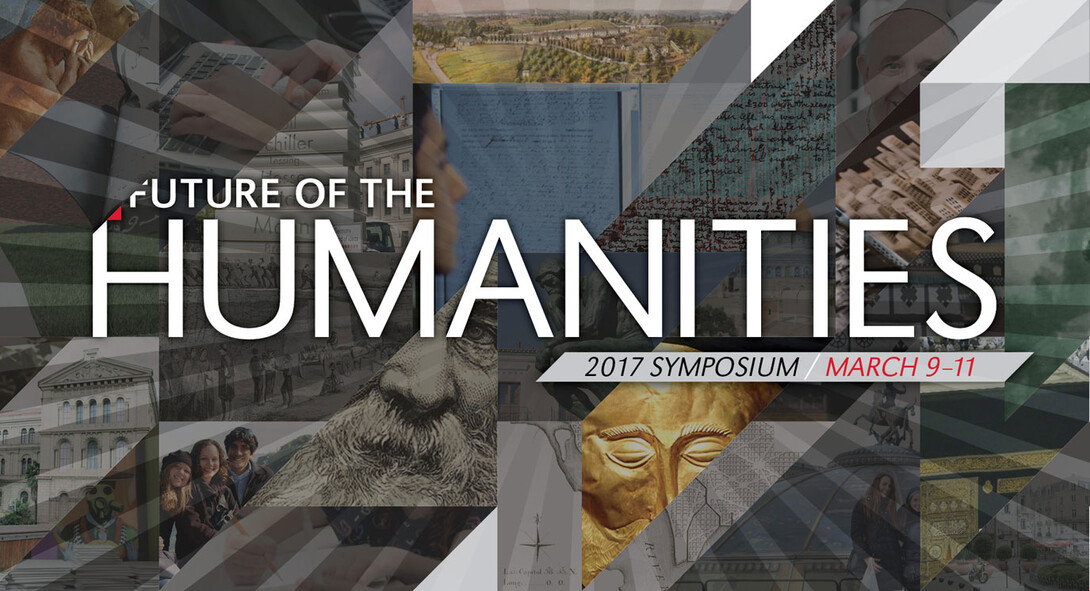
More than a year ago, Arts and Sciences Dean Joseph Francisco challenged faculty to rethink the humanities at the University of Nebraska-Lincoln.
That charge became even more relevant over the past year, amid growing concern that the political and social climate in the United States is marginalizing the humanities’ importance to the nation’s economic and cultural vitality, he said.
“Even universities, as they reorganize to maximize efficiencies and accountability, are reducing the effectiveness of the humanities in a strong liberal arts education,” Francisco said. “A meaningful look and debate about these issues and broad discussions of the nature, scope, future and opportunities in the humanities is vital.”
So the university is doing just that – starting with an in-depth public discussion March 9-11 on the changes and opportunities for academic disciplines that study aspects of human culture in today’s politically challenging, technology-laden, increasingly globalized world.
Dubbed “Future of the Humanities,” the event will focus on how humanities research and education can address big issues such as climate change, immigration, growing reliance on technology, globalization and the advancement and understanding of science, said Jean Cahan, senior lecturer in philosophy and director of Judaic studies at Nebraska.
Cahan, an event organizer, said educators, policymakers and business leaders are among those expected to attend the symposium, which features several keynote speakers.
Each keynote also will be followed by panel discussions of scholars and business professionals. Among those on the schedule are Leon Botstein, president of Bard College; Rita Charon, professor of clinical medicine and director of the Program in Narrative Medicine at Columbia University; Donna Zuckerberg, editor of the scholarly platform “Eidolon” and sister of Facebook founder Mark Zuckerberg; and Stephen La Porte, senior legal counsel for the Wikimedia Foundation, which advocates the development and maintenance of open content, wiki-based projects and providing them free to the public.
The entire symposium, which is being held at various locations on campus, is free and open to the public, but pre-registration by March 6 is encouraged.
The gathering is sponsored by the College of Arts and Sciences; the Office of the Chancellor; Office of Research and Economic Development; Center for Digital Research in the Humanities; Department of Classics and Religious Studies; Department of Communication Studies; Department of English; Department of History; Department of Modern Languages and Literatures; Department of Philosophy; the Norman and Bernice Harris Center for Judaic Studies; Institute for Ethnic Studies; and the Medieval and Renaissance Studies Program.







